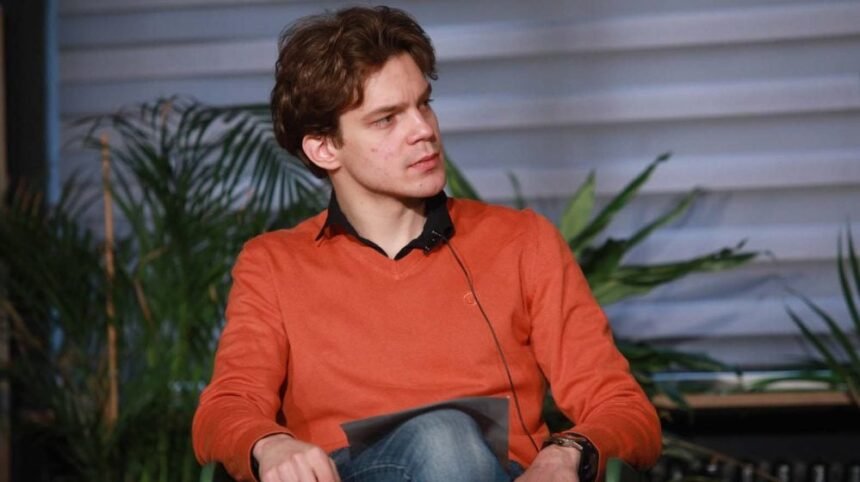Activist and student Pavle Cicvarić warned today that Serbia is experiencing increasing violence, police brutality, and a systematic erosion of the rule of law.
Speaking at the European Democratic Party (EDP) Congress in Bilbao, Cicvarić highlighted that students and NGO members face constant threats, while professors supporting student movements are subjected to harassment and intimidation.
“Every day, we witness students being beaten and activists receiving threats. The regime is repressing anyone who dares to challenge it,” Cicvarić said.
He described the situation in Serbia as chaotic, with multiple social actors struggling for democracy under an increasingly autocratic government. Notably, some students from Novi Sad have become political exiles, unable to return home due to surveillance and intimidation by the state security apparatus.
Student Nikolina Sinđelić shared her experience of institutional obstruction, media targeting by regime-aligned outlets, and even threats of sexual violence by a local police commander. Both she and Cicvarić received death threats in pro-government media, forcing them to consider leaving Serbia for safety in Europe or the U.S.
Cicvarić stressed that while the regime generates violence, opposition movements have consistently maintained peaceful protests, showing that nonviolent resistance disrupts the government’s control.
“When the opposition responds peacefully, the regime becomes confused and unsure how to react,” he noted.
Protests in Serbia, such as Krvave Košulje and Srbija protiv nasilja, have continued since 2019, surfacing periodically in response to different societal crises. Cicvarić emphasized that international attention is growing, with major global media outlets increasingly criticizing President Aleksandar Vučić and labeling his government as autocratic.
“European Parliament groups, particularly Democrats, Liberals, and Social Democrats, are now more actively condemning the regime,” Cicvarić added, suggesting that Vučić’s government is feeling mounting pressure both domestically and internationally.
The testimony of Cicvarić and Sinđelić underscores a systemic pattern of repression, highlighting the urgent need for the international community to monitor human rights and democratic processes in Serbia.







